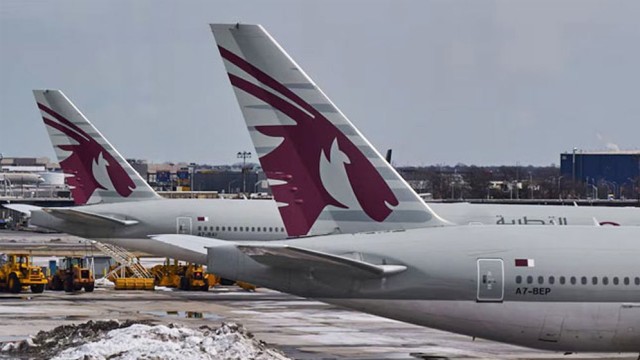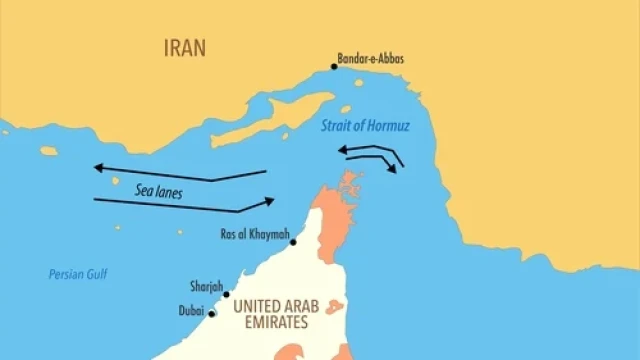JERUSALEM, Sept 22, V7N- Rescue workers in Beirut continued their search for individuals missing in the rubble following an Israeli airstrike that targeted Hezbollah commanders, resulting in at least 37 fatalities. This attack marks one of the deadliest strikes in nearly a year of escalating conflict between Israel and Hezbollah, a powerful Iran-backed militant group.Among the deceased were 16 Hezbollah members, including senior leaders Ibrahim Aqil and Ahmed Wahbi. The Israeli military stated that the airstrike aimed at an underground gathering of Hezbollah leaders, claiming it had significantly disrupted the group's military command structure. The strike destroyed a multi-story residential building and damaged a nearby nursery, with casualties including three children and seven women, as reported by Lebanon's health ministry.
The airstrike has intensified ongoing hostilities, with Israeli warplanes conducting heavy bombardments across southern Lebanon, marking the most significant military action in 11 months. In retaliation, Hezbollah launched rocket attacks on military targets in northern Israel. The Israeli military reported hitting around 180 targets, destroying thousands of rocket launch barrels in the process.The recent violence has resulted in a total of 39 deaths from various attacks this week, with over 3,000 injuries reported. The attacks on communications devices, believed to be orchestrated by Israel, have further escalated tensions, although Israel has not confirmed its involvement.
In light of the escalating situation, Lebanese Prime Minister Najib Mikati canceled a planned trip to the U.N. General Assembly. U.S. National Security Adviser Jake Sullivan expressed concern over the potential for further escalation but noted that the killing of a top Hezbollah leader could be seen as a form of justice, given Hezbollah's designation as a terrorist organization by Washington.Hezbollah has vowed to continue its fight against Israel until a ceasefire is agreed upon regarding the ongoing conflict in Gaza, which was triggered by a Hamas-led attack on October 7. The Israeli military has raised alert levels in northern communities, anticipating possible retaliation from Hezbollah.
The conflict has led to significant displacement, with tens of thousands of people fleeing their homes on both sides of the Israel-Lebanon border. The situation remains dire, with the U.N. Special Coordinator for Lebanon, Jeanine Hennis-Plasschaert, warning that the violence in densely populated areas has devastating consequences and must cease immediately.As the situation develops, the international community continues to monitor the conflict, with calls for a diplomatic resolution becoming increasingly urgent amidst the rising death toll and humanitarian crisis.
END/WD/RH/






























Comment: